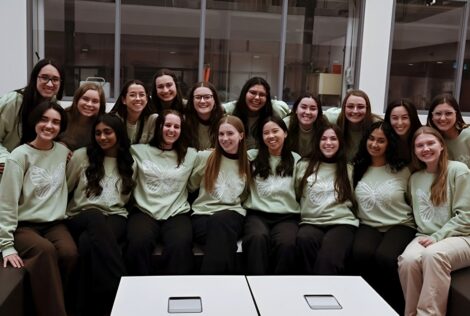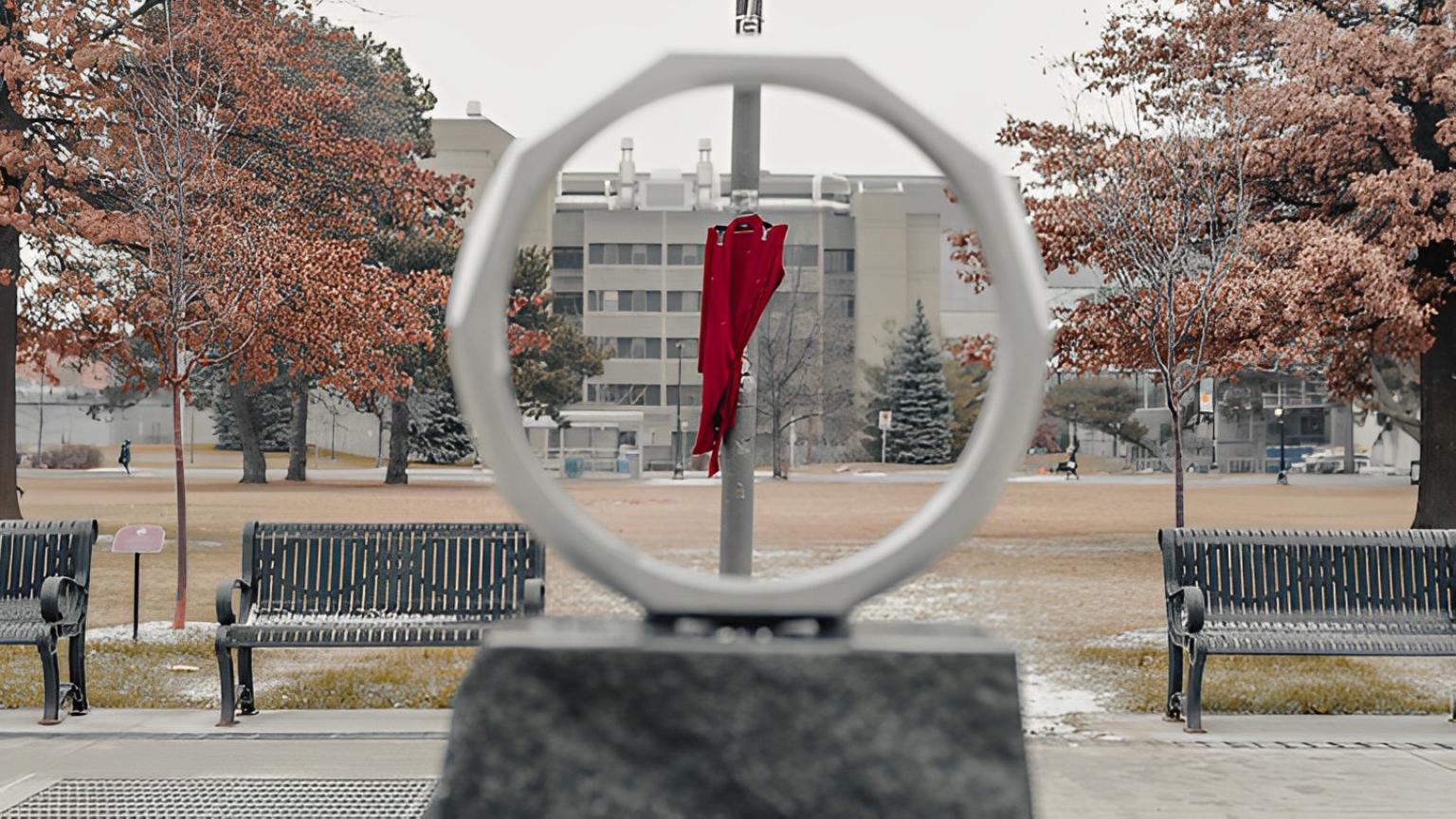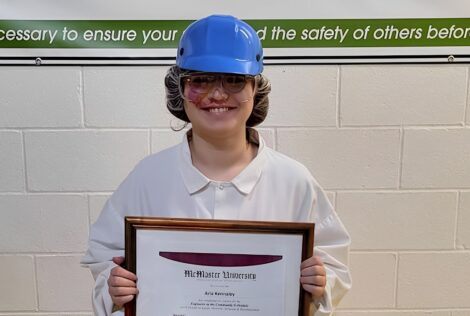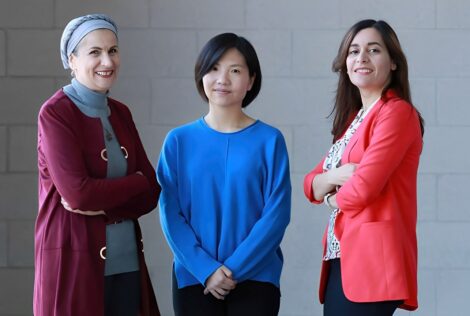

Content warning: Gender-based violence
Today, I hold space in my mind and heart for the 14 women who tragically lost their lives to gender-based violence at École Polytechnique in Montreal 34 years ago.
That day left an indelible mark on my life. I remember sitting with my family in front of the TV as reporting from Montreal unfolded. It was devastating and made me keenly aware of the precariousness of our world.
I also felt a deep sense of connection to the women I was learning about. I’d recently finished my degree in engineering at McMaster University; one of only two women in my graduating class. Soon I’d be heading to the University of Toronto for graduate studies.
After December 6, my focus sharpened on my safety and that of other women studying engineering. I felt more vulnerable, but I also felt determined to not let senseless violence prevent me from pursuing my passion.
Though time has passed, the memories have not faded. Years after that dark day, a friend I made through cycling revealed that one of her best friends was killed at École Polytechnique — a woman whose story had always resonated with me. The emotions flooded back.
While we have made progress since 1989, as recent incidents in the news remind us, there is always room for growth.
We must make time for work that addresses gender-based violence and inequities, and never be complacent. Fostering a culture of respect and belonging is essential in all workplaces, and it’s codified in our Faculty’s new Strategic Plan. My leadership team is deeply dedicated to this work.
McMaster Engineering’s intentional programming and cultivation of opportunities for prospective students who identify as women and girls has yielded positive results. In the fall, women made up 43 per cent of our incoming cohort, and we saw a significant increase in women applicants.
What’s also meaningful is the ways in which women in our Faculty are contributing at all levels. They’re leading clubs and teams, conducting groundbreaking research, receiving global awards and holding leadership positions. One of the greatest achievements of my career was being named the first woman Dean of Engineering at McMaster.
When we’re out in the community, girls and non-binary youth see a diverse group of McMaster engineers. I can’t overstate the importance of representation, as it inspires the next generation to consider career paths they may not otherwise have explored.
Our students today have mothers, aunts, and perhaps even grandmothers who are engineers. This is a significant shift from my time, and it paves the way for a future where the engineering profession is more inclusive and diverse.
The progress we’ve made and continue to make fills me with hope, and I look forward to a world where all young minds are free to explore their full potential.
On December 6, we remember and reflect, and we commit to forging a path forward: One that promotes equity, respect and belonging within our Faculty and the engineering field as a whole.
Sincerely,
Heather Sheardown, PhD
Dean, Faculty of Engineering
McMaster University


